Dental Insurance Explained
01:08
Open Enrollment
Copy Video Link
In this video, we explain the distinction between dental insurance and medical insurance in the United States:
Dental insurance covers dental care and is a separate policy from medical insurance, including separate premiums and deductibles.
Similar to medical insurance, you pay a monthly premium for dental insurance, and in return, the insurance company assists in covering various dental expenses. This includes regular check-ups, cleanings, fillings, root canals, and addressing dental issues.
However, a significant difference between dental and medical insurance lies in how the coverage works. With medical insurance, you typically pay first through deductibles and out-of-pocket maximums, and then the insurance company pays. In contrast, dental insurance operates in the opposite manner. The dental insurance company provides a set annual amount, often around $1000 or $1500, which you can use for your dental care. Once you've utilized that amount, you are responsible for covering any expenses exceeding that sum.
This distinction highlights the need to understand the specific terms and conditions of your dental insurance policy to effectively manage your dental care costs.
More in this Category
Powered By




















